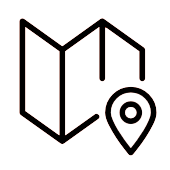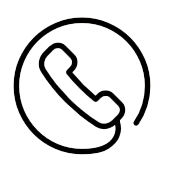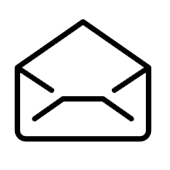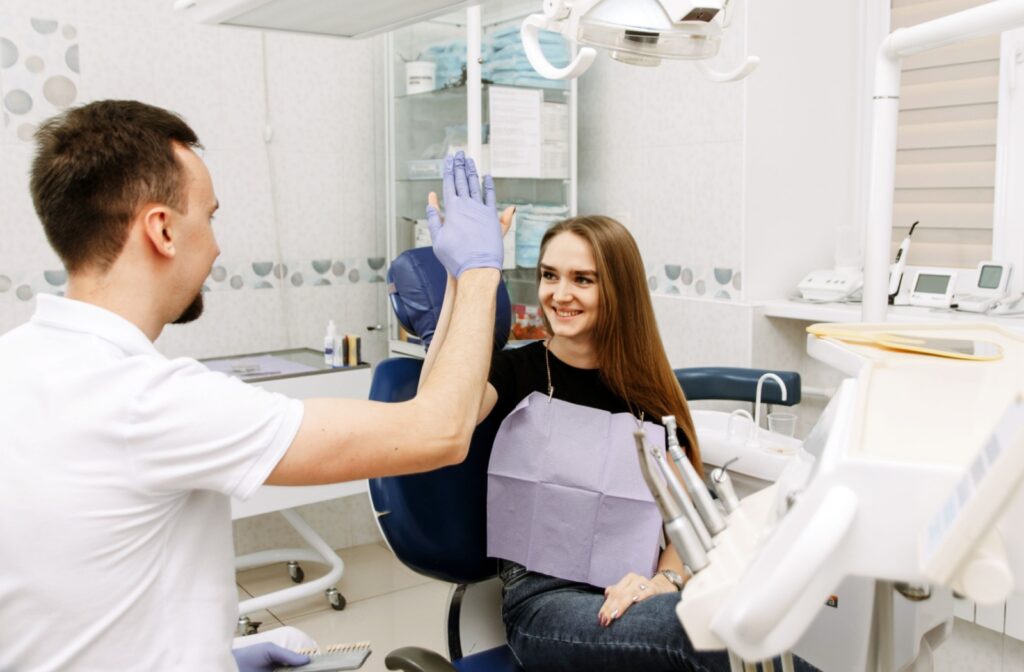
A tooth extraction is a common dental procedure. Your recovery can be smooth and quick when you know what to do—and what not to do—after your appointment. Proper aftercare helps you feel comfortable and supports the healing process.
To help your mouth heal properly, it is best to avoid certain activities related to eating, daily habits, and physical exertion. Our Markham dental team strives to provide a pleasant and comfortable dental experience. With our wide range of dental treatment options, our dentists and hygienists provide care tailored to you.
Immediate Care: What to Skip for 24–48 Hours
The first couple of days are when your body does the most work to start the healing process. A blood clot needs to form in the empty socket. This clot is like a natural bandage that protects the bone and nerves underneath, so it’s important to avoid certain actions to keep that clot intact.
Straws & Suction
The sucking motion you use with a straw can easily dislodge the protective blood clot. This can lead to a painful condition known as a dry socket. It’s a good idea to sip drinks directly from a glass for a few days.
Smoking & Tobacco Use
Smoking can slow down your body’s natural healing process and may increase the risk of complications. Maintaining good oral health for life involves avoiding tobacco products. The sucking action involved in smoking can also disturb the blood clot, similar to using a straw. We recommend you avoid all tobacco products for at least 72 hours after your procedure.
Forceful Spitting or Rinsing
The pressure from spitting or rinsing too hard can also dislodge the important blood clot. For the first 24 hours, you can gently let liquid fall from your mouth into the sink instead of spitting. When you begin rinsing, do so very gently. Following our tips can help you speed up your recovery after any extraction.
Hot Liquids
You may want to avoid hot drinks like coffee, tea, or soup immediately after your procedure. Heat can increase blood flow to the area and may cause the site to bleed. Stick to lukewarm or cool items for the first day or 2 to help with comfort.
Foods & Drinks to Avoid
What you eat and drink plays a big role in your recovery. Your mouth will be sensitive, so being gentle with it is a great way to support the healing process. Integrating soft foods and proper hydration into your routine aligns with an overall commitment to preventative dental care. Soft foods are your friend for the first few days.
Hard, Crunchy, or Chewy Foods
Foods like chips, nuts, popcorn, and tough meats can irritate the extraction site. Small, hard pieces can also get stuck in the socket, which can disrupt healing. Stick to soft foods like yogurt, smoothies, mashed potatoes, and scrambled eggs.
Spicy or Acidic Foods
Spicy and acidic foods, like citrus fruits or tomato-based sauces, can cause a stinging sensation or irritate the wound. It’s often more comfortable to choose mild, gentle foods while the area is still healing. This helps keep the site calm and comfortable.
Alcoholic & Carbonated Beverages
Alcohol can interfere with the healing process and may interact with any medication you are taking. The fizz from carbonated drinks can also disturb the extraction site. Drinking plenty of plain water is a great alternative that helps you stay hydrated.

Activities & Habits to Put on Pause
Your body needs energy to heal, so taking it easy for a few days is very helpful. Certain activities can raise your blood pressure and increase the risk of bleeding or swelling at the extraction site. A little rest goes a long way.
Strenuous Activity & Heavy Lifting
You may want to skip the gym or any heavy work for at least 48 hours. Increased blood pressure from exertion can cause the extraction site to bleed. Relaxing and letting your body focus on healing can contribute to a smoother recovery.
Don’t Poke the Extraction Site
It can be tempting to explore the new space in your mouth with your tongue or fingers. You can help your recovery by leaving the area alone as much as possible. This approach helps avoid introducing bacteria or accidentally dislodging the clot.
Certain Pain Relievers
Some over-the-counter pain medications, such as aspirin, can thin the blood and may increase bleeding. Understanding how long dental freezing lasts can help you anticipate when you might feel discomfort. You can talk with your dental team about pain management options that are appropriate for you. We are happy to guide you on what to use for any discomfort.
How to Protect the Healing Site
A few simple steps can protect the extraction site and promote a comfortable recovery. These actions focus on keeping the blood clot secure and the area clean. Your comfort is a priority.
Let the Blood Clot Do Its Job
The blood clot is the foundation of the healing process; it’s your body’s natural bandage. This is especially important for more involved procedures like removing impacted wisdom teeth. Actions that create pressure or suction in your mouth are the main risk factors for dislodging it. Remember to avoid straws and smoking for a few days to give it the protection it needs.
Keep Your Head Elevated
When you rest or sleep, try using an extra pillow to keep your head propped up. This can help reduce swelling, especially in the first 24 hours. This simple adjustment can make a difference in your comfort level.
When to Call a Professional
Mild discomfort and slight swelling are normal after a tooth extraction. However, there are some signs that suggest you should get in touch with your dental office. We are here to support you throughout your recovery.
You can contact your dentist in Markham, ON, if you experience any of the following, as they could be signs of a dental emergency:
- Pain that gets worse instead of better after 2 days
- Bleeding that doesn’t stop with gentle pressure
- Fever, nausea, or chills
- Swelling that increases after three days
- A bad taste or smell coming from the socket
Take Care of Your Oral Health
Your oral health is important. At Markham Dental, we understand that your schedule is busy, which is why we offer convenient evening and weekend hours. You can even book your appointment online with ease. Contact us today to learn more about how we can help you.
Contact details
Markham Dental General and Cosmetic Dentistry
8241 Woodbine Ave, Unit 17, Markham, ON L3R 2P1
Email: [email protected]
In Case of Emergency Call
(365) 659-4701
To schedule an appointment, please fill out the adjacent form.
Book An Appointment
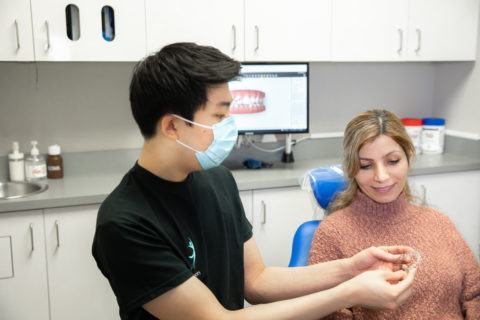
Book your appointment online!


